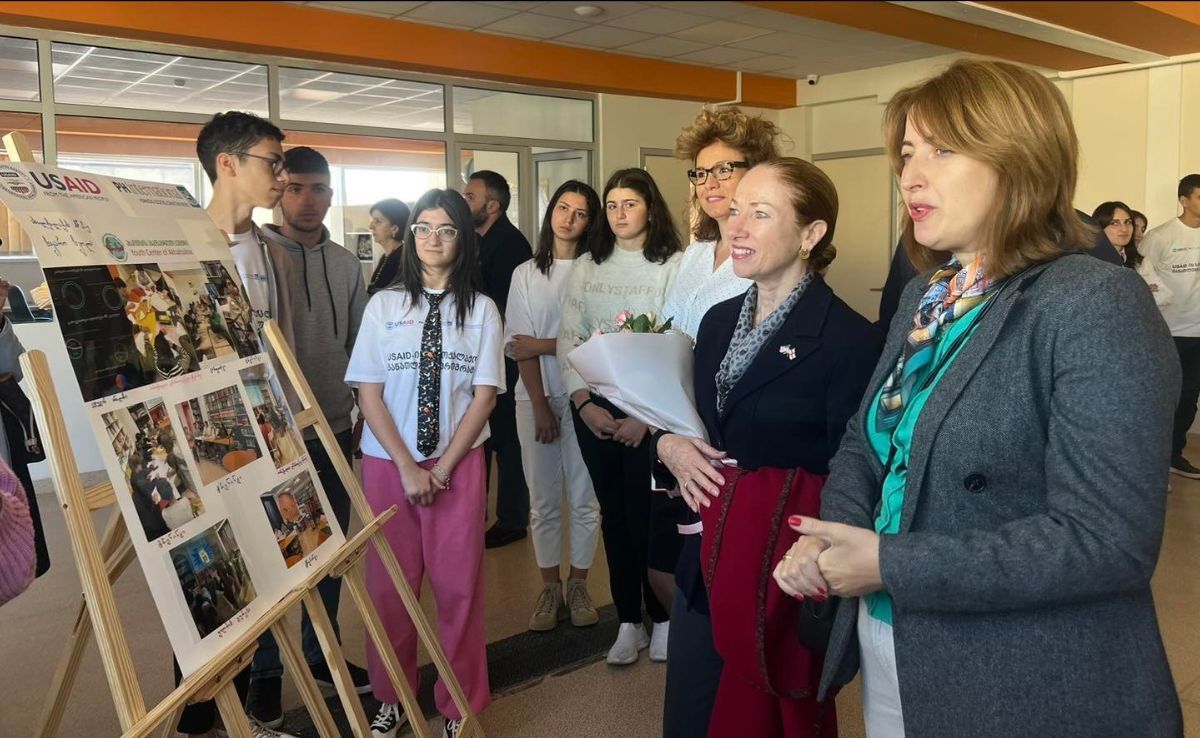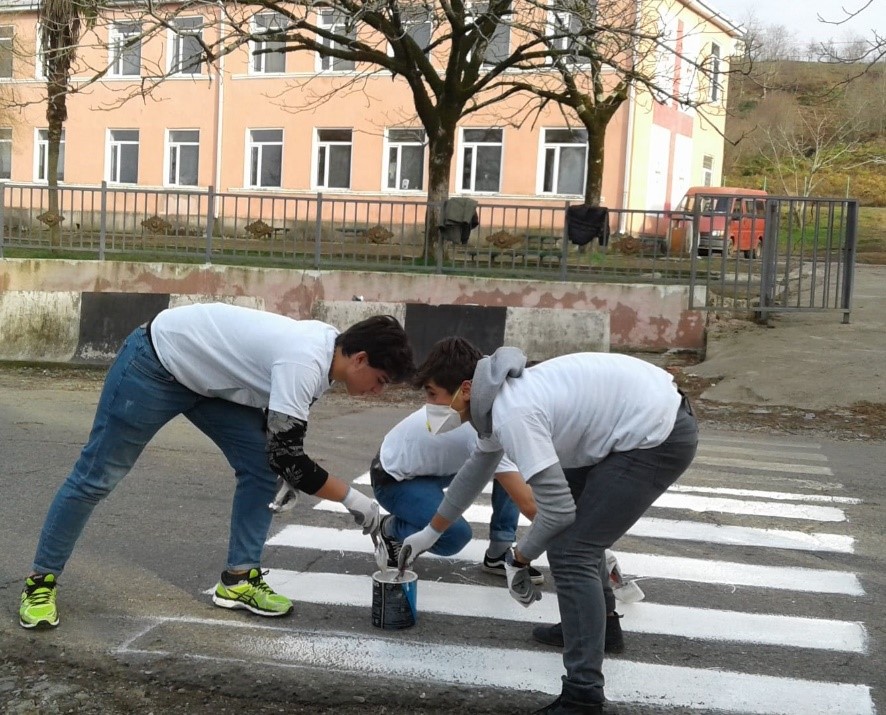USAID Civic Education Program (2022-2027)

The purpose of the USAID-funded Civic Education Program is to use civic education to prepare the next generation of Georgians to be civically engaged, know and exercise their democratic rights and responsibilities, harness technology, and build partnerships, including with the private sector, to support the increased abilities of Georgian youth to become more responsible citizens who will demand and facilitate more government accountability through civic action.
The CEP team works with students, teachers, school administrators, Education Resource Centers (ERCs), the private sector, youth-led organizations, and universities on interventions that integrate the four cross-cutting aspects of the Positive Youth Development framework (PYD): asset building, agency, contribution and enabling environment. These interventions will be piloted and assessed with the goal of increasing students’ leadership-making capacity, expanding and increasing student-led activities, and institutionalizing democratic management practices in schools that improve student engagement.
Students in grades 7 to 12 will be the key beneficiaries of CEP. Initiatives will focus on improving student-led civic and democratic engagement in schools starting in middle school, strengthening the engagement of the private sector in civic education to sustain forward progress in student agendas.
The transition to a new cadre of Civic Education (CE) teachers will continue under CEP. The older generation of teachers, especially those who were trained during the Soviet era, may not take advantage of the many enrichment and supplemental teaching materials that focus on experiential learning methods. This trend is especially visible in smaller and remote schools where previous USAID-funded and PH-implemented programs ACETT (Applied Civic Education and Teacher Training) and MT (Momavlis Taoba – Future Generation ) were not implemented. In addition, many teachers still lack access to digital technologies and in remote areas classes tend to be small with only a few secondary school students, presenting real challenges to applied project-based learning. On top of this, the global pandemic has exacerbated a national teacher shortage in Georgia. The NSM reform provides an opportunity to bring more young people in to the teaching field while CEP provides an opportunity to provide both new and current teachers in schools across Georgia with additional resources and knowledge on student-focused, inclusive civic education, including those who have not yet benefited from USAID programs.


